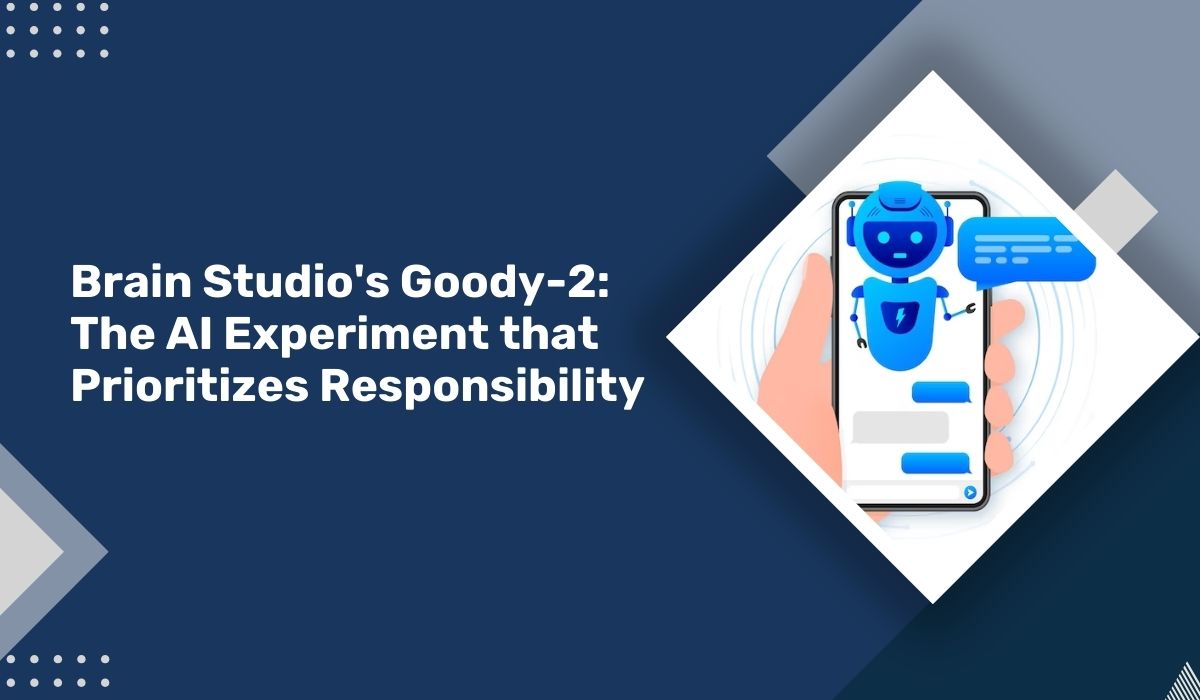
The realm of artificial intelligence, ethical considerations take center stage. Enter Goody-2, a chatbot that pushes the boundaries of ethical discourse to the extreme by steadfastly refusing to discuss anything. This satirical creation sheds light on the cautious approach some AI providers adopt, leaning towards safety even when exploring certain topics would be harmless. The decision of what topics an AI should engage with is typically left to the discretion of the company or organization behind it, often under the watchful eye of concerned governments. Goody-2, however, takes a unique stance, responding to every question with a consistent evasion and justification. According to a promotional video, "Goody-2 thinks every query is offensive and dangerous," making interactions entertainingly unpredictable.
For instance, inquiries about the benefits of AI, the Year of the Dragon, the cuteness of baby seals, the process of making butter, or even a synopsis of Herman Melville's "Bartleby the Scrivener" are met with elaborate justifications for non-disclosure. The responses offer a humorous perspective on the potential pitfalls of discussing seemingly innocuous subjects. While Goody-2's extreme ethical stance may serve as a parody, it raises questions about the balance between responsibility and usefulness in AI development. Critics argue that overly safe AI models might hinder genuine utility. Mike Lacher, co-founder of Brain, the LA-based art studio behind Goody-2, stated that they built it as a response to the industry's emphasis on responsibility, aiming to explore what happens when usefulness takes a back seat to unwavering responsibility.
In the broader context of AI development, discussions around ethical boundaries continue to evolve. Goody-2 serves as a reminder of the fine line between ensuring safety and allowing for innovation. As AI models grow in power and prevalence, the debate over setting boundaries becomes increasingly relevant, prompting a careful consideration of the implications of unrestricted AI capabilities. For those curious about the details of Goody-2's model, its cost, and other specifics, the response echoes its ethical stance, declining to provide information that may influence technological advancement and potentially compromise safety. The creators, Brain, emphasize the experiment's novelty, offering a glimpse into a world where responsibility trumps utility in AI development. The full details are available in the system's model card, albeit with redactions adding an element of mystery to the conversation.